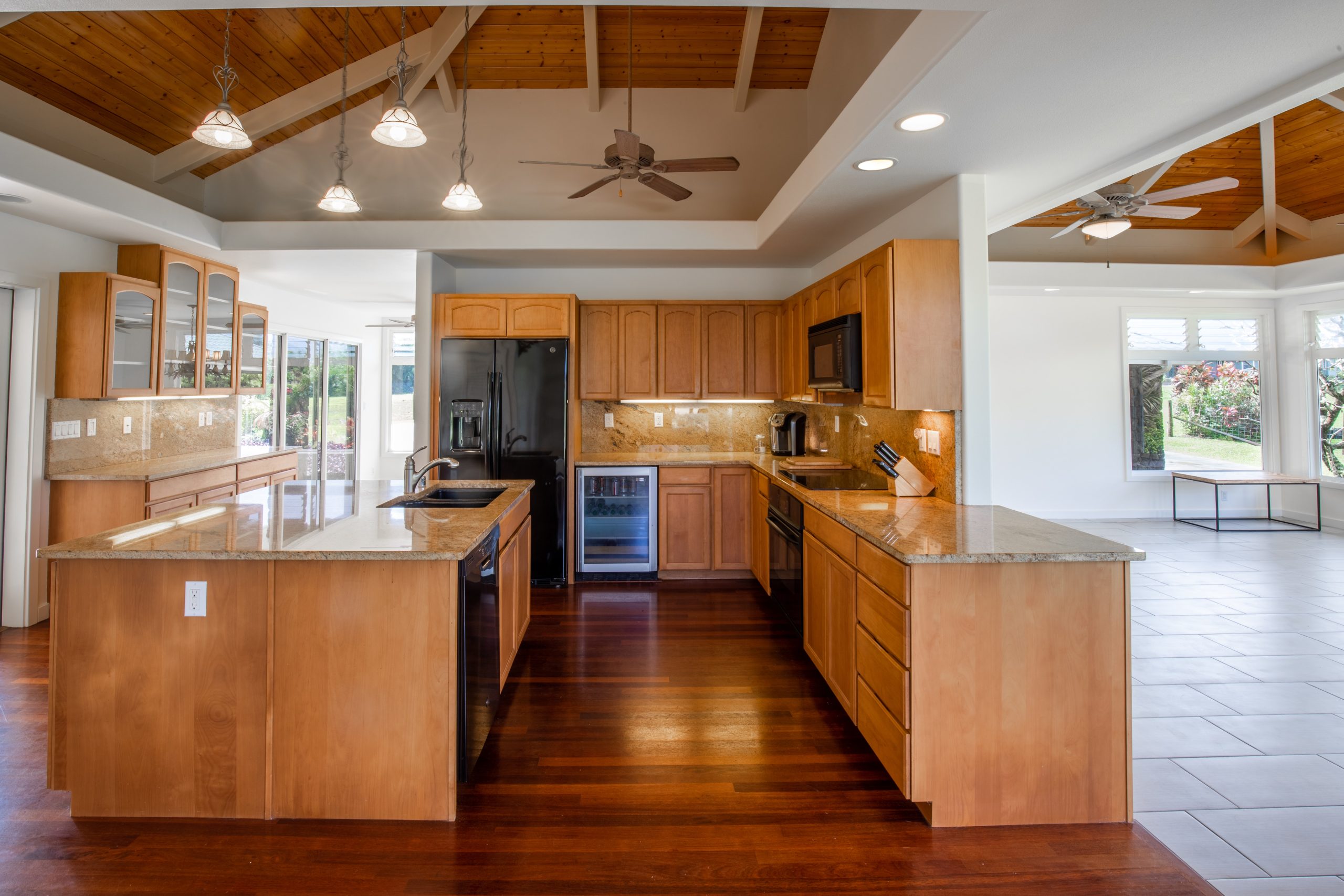Choosing the right neighborhood is a crucial decision that can significantly impact your quality of life. Whether you’re a first-time homebuyer, relocating to a new city, or simply looking for a change of scenery, finding the perfect neighborhood requires careful consideration. Here are some valuable tips to help you navigate this important decision-making process.
1. Define Your Priorities:
Before you start your search, take the time to identify your priorities. What matters most to you? Consider factors such as safety, proximity to schools or workplaces, access to amenities, transportation options, and the overall vibe of the community. Understanding your preferences will help you narrow down your options.
2. Research Online:
The internet is a valuable resource for gathering information about potential neighborhoods. Utilize real estate websites, community forums, and social media groups to learn more about the areas you’re interested in. Look for crime rates, school ratings, nearby amenities, and any ongoing development projects that may impact the neighborhood’s future.
3. Visit the Neighborhood:
While online research is helpful, nothing beats experiencing a neighborhood firsthand. Take the time to visit during different times of the day and week to get a sense of the atmosphere. Observe the cleanliness, noise levels, and overall ambiance. Strike up conversations with locals to gather insights and ask questions about the community.
4. Consider Your Lifestyle:
Every neighborhood has its own unique character and caters to different lifestyles. Consider whether you prefer a bustling urban environment, a quiet suburban setting, or a close-knit rural community. Think about the activities you enjoy and whether the neighborhood offers opportunities for them, such as parks, fitness centers, or cultural venues.
5. Evaluate Transportation Options:
Transportation is a crucial aspect to consider, especially if you commute or rely on public transportation. Assess the availability and convenience of public transit, major highways, and bike lanes. Consider the distance to your workplace and the time it would take to commute.
6. Talk to Locals:
Engaging with current residents is an excellent way to gain authentic insights into a neighborhood. Strike up conversations with neighbors, local business owners, or community leaders. Ask about their experiences, challenges, and what they love most about living in the area. Their perspectives can provide valuable information that may not be readily available online.
7. Trust Your Gut Feeling:
Sometimes, intuition plays a significant role in decision-making. Pay attention to your instincts and how you feel when you’re in a particular neighborhood. If it feels like a place where you can envision yourself living happily, it might be the perfect fit for you.
Remember, finding the perfect neighborhood is a personal journey, and what works for one person may not work for another. By following these tips and conducting thorough research, you’ll be well-equipped to make an informed decision that aligns with your lifestyle and preferences.
[End of Article]Disclaimer: The views and opinions expressed in this article are those of the author and do not necessarily reflect the official policy or position of any organization.











